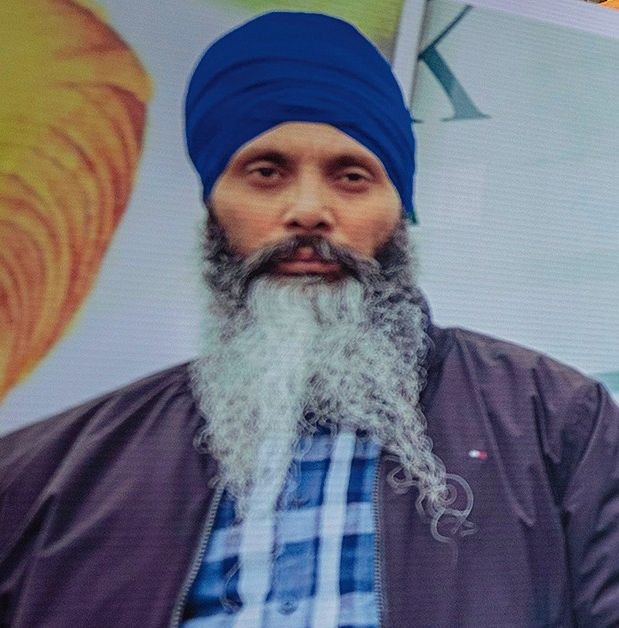In the wake of the killing of Khalistani extremist Hardeep Singh Nijjar on Canadian soil, a diplomatic feud has erupted between Canada and India, fueled by a web of intelligence sharing and allegations. Recent reports from The New York Times (NYT) suggest that while the United States provided Canada with intelligence related to the assassination, it was intercepted communications by Canadian authorities that seemed to provide the most conclusive evidence pointing towards India’s involvement.
Nijjar, the leader of the banned Khalistan Tiger Force (KTF), was assassinated in Surrey, British Columbia, on June 18. His designation as a terrorist by India in 2020 added fuel to the controversy surrounding his death.
The allegations leveled by Canadian Prime Minister Justin Trudeau, accusing India of orchestrating the assassination, have incensed Indian authorities. India has vehemently rejected the accusations, branding them as “absurd” and “motivated,” and responding by expelling a senior Canadian diplomat in a retaliatory move, while also accusing Canada of harboring terrorists.
The United States has weighed in on the issue, urging India to cooperate with Canada in its ongoing investigations. According to unnamed allied officials quoted by the NYT, American intelligence agencies shared context with their Canadian counterparts that contributed to Canada’s conclusion of India’s involvement in the plot.
However, what could be considered the “smoking gun” in this diplomatic standoff—intercepted communications of Indian diplomats in Canada implying their role in the assassination—was reportedly gathered by Canadian officials themselves.
David Cohen, the US Ambassador to Canada, acknowledged the existence of “shared intelligence among Five Eyes partners,” indicating cooperation among intelligence agencies from the United States, Canada, the United Kingdom, Australia, and New Zealand in the matter. Cohen refrained from providing further details, emphasizing the sensitive nature of the issue.
After Nijjar’s death, American officials clarified to their Canadian counterparts that they had no prior information about the plot. Had they possessed such information, they would have promptly informed Ottawa in accordance with the intelligence agencies’ “duty to warn” doctrine.
Canadian officials, however, reportedly provided Nijjar with a general warning but did not disclose the specifics of the Indian government’s alleged plot against him.
David Cohen emphasized the seriousness of the allegations, stating, “If they prove to be true, it is a potentially very serious breach of the rules-based international order in which we like to function.”
While Secretary of State Antony Blinken has called on India to cooperate with the Canadian investigation, US officials have sought to avoid triggering diplomatic tensions with India. This delicate situation has unfolded at a time when the US is keen on strengthening its partnership with New Delhi.
Blinken expressed deep concern about Canadian Prime Minister Trudeau’s allegations against India and highlighted the close coordination between Washington and Ottawa in addressing the issue. He also emphasized the importance of accountability in the case.
In response, Trudeau asserted that Canada had shared evidence related to Nijjar’s killing with India several weeks ago and called for constructive engagement with New Delhi to establish the facts in this “very serious matter.”
The Ministry of External Affairs (MEA) in New Delhi stated that Canada had not shared specific information related to the case. However, they reiterated India’s willingness to examine any such information provided.
As the investigation unfolds, the international community watches closely, hoping for a resolution to the escalating diplomatic dispute between Canada and India.
News Summary:
- US intelligence supports Canada’s allegations of Indian involvement in the killing of Sikh extremist Hardeep Singh Nijjar in British Columbia.
- Intercepted communications by Canadian authorities provide concrete evidence implicating India in the assassination plot.
- India denies the allegations, leading to a diplomatic standoff, including the expulsion of diplomats by both countries.
- The US urges India to cooperate with Canada’s investigation but seeks to avoid escalating tensions with its strategic partner.
- The situation underscores the complexities of international diplomacy and cooperation, with global observers awaiting further developments in the case.


